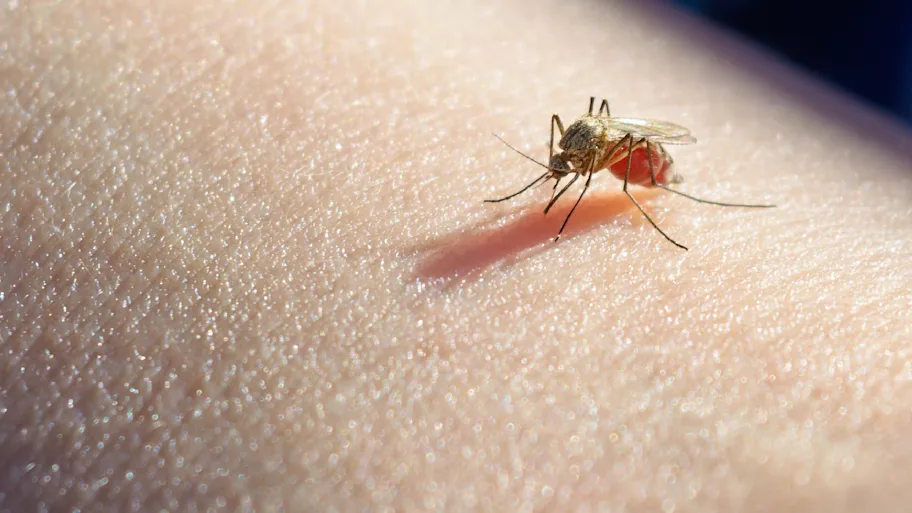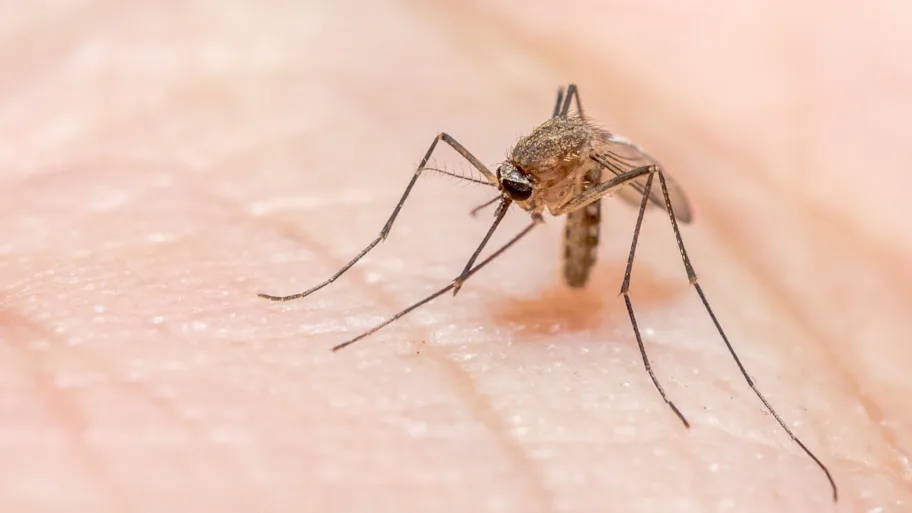
- Science news
- Health
- STAFF PICK: Mutating to defeat malaria
STAFF PICK: Mutating to defeat malaria

Victor Kouassi
This month’s Frontiers Staff Pick comes from Victor Kouassi. Victor is a Journal Operations Assistant and before joining us at Frontiers, was at the Francis Crick Institute in London where he conducted research on the immune responses of malaria.
With his background in this field, he found the article “Major Histocompatibility Complex and Malaria: Focus on Plasmodium vivax Infection” interesting. It was published in Frontiers in Immunology late January 2016.
Below is why he selected this article as his staff pick:
There are over 100 species of Plasmodium, the parasite that causes malaria. These can infect many kinds of animals from monkeys, birds to lizards. This parasite has evolved an intricate life cycle by taking advantage of an invertebrate vector, the mosquito. A vertebrate host, like a human, is usually infected through a bite which transmits the parasite which goes straight to the liver. The parasite then divides into merozoites which are released into the blood. It is this form of the parasite that causes the symptoms of disease by entering red blood cells and eventually causing them to explode resulting in fevers, chills, headaches and, in worst case scenarios, coma, brain damage and miscarriages.
Of the five species of Plasmodium that infect humans, Plasmodium falciparum is known to be the most deadly causing the most severe illness and complications. However, Plasmodium vivax is the most widespread causing the most disease outside of Africa. It also has a unique disruptive feature in that this species can rest latently in the liver and strike its host with disease again in a future relapse. Interestingly, Plasmodium vivax infection is rare in West Africa possibly due to the fact that most people in this region lack a protein called Duffy on their red blood cells. This protein facilitates the entry of Plasmodium vivax into these cells and is, perhaps, just one example of how the long battle between humans and Plasmodium can drive evolution.
In this review article, published in Frontiers in Immunology, the authors study the immune response that has evolved against Plasmodium Vivax by focusing on research studying a large set of genes known as the Major Histocompatibility Complex. These genes play very important roles including encoding proteins that are able to present parts of parasites like Plasmodium to activate cells of the immune system like T cells. In this review, various studies that have correlated mutations or polymorphisms found in these genes with increased immune responses to Plasmodium vivax are critically examined.
By scrutinising what we know about how these genes determine the efficiency of our responses in fighting malaria parasites through our immune system, we stand a much better chance of developing effective vaccines, bringing into a reality the vision of eliminating a scourge that claims around 600,000 lives a year.
Link to article: http://journal.frontiersin.org/article/10.3389/fimmu.2016.00013/abstract






